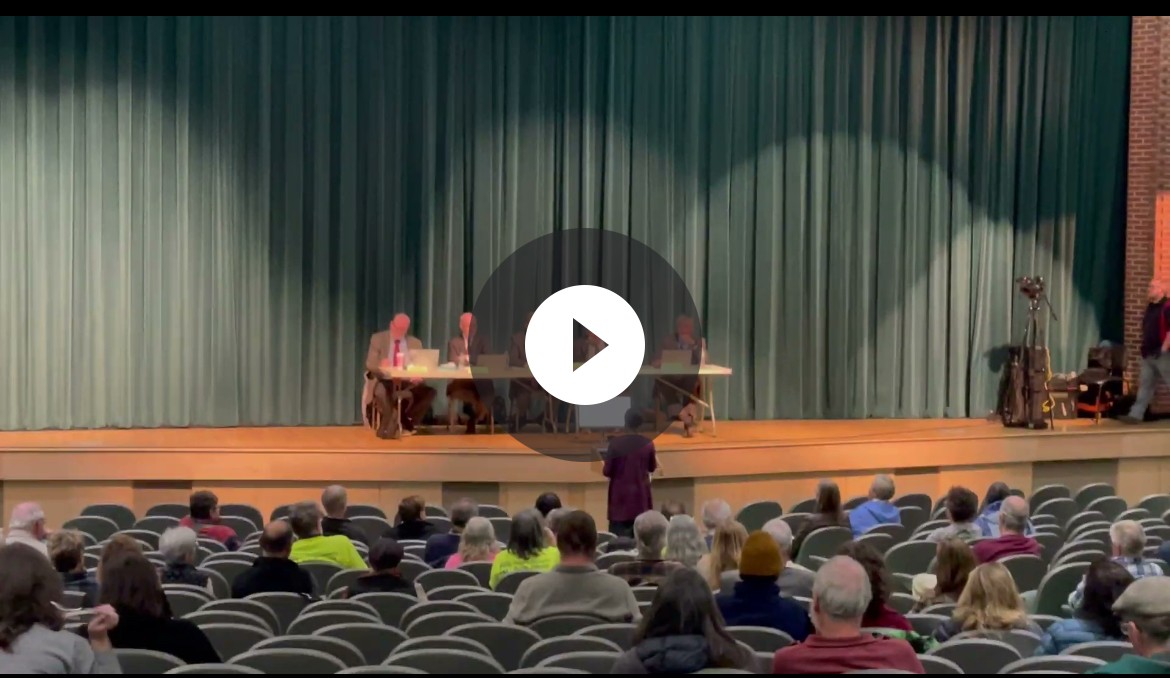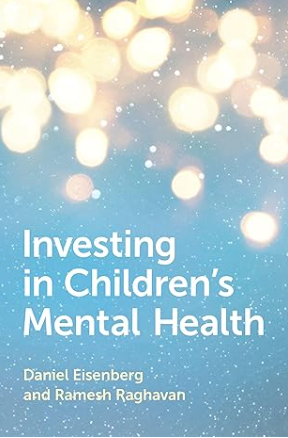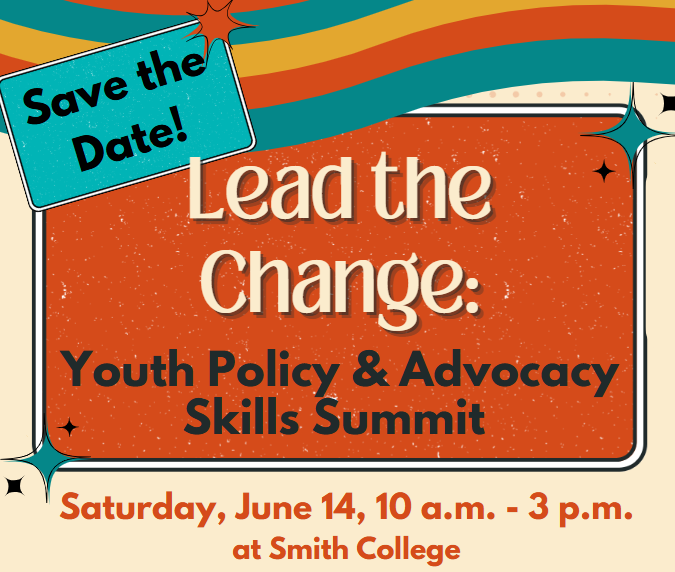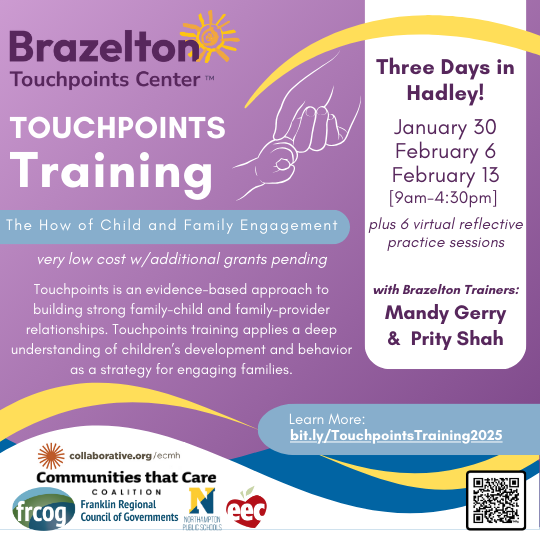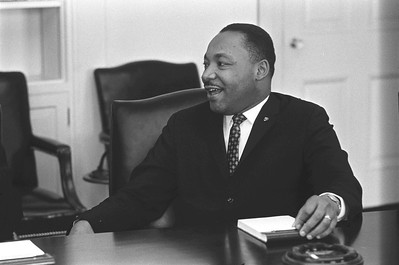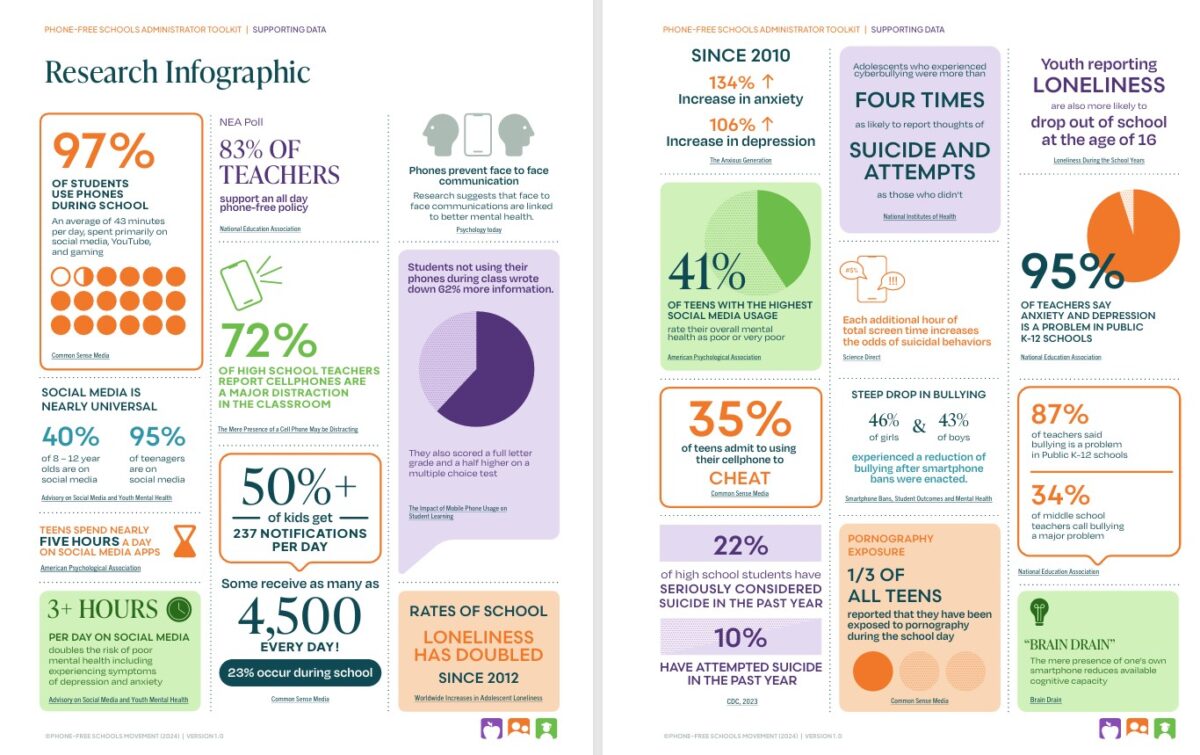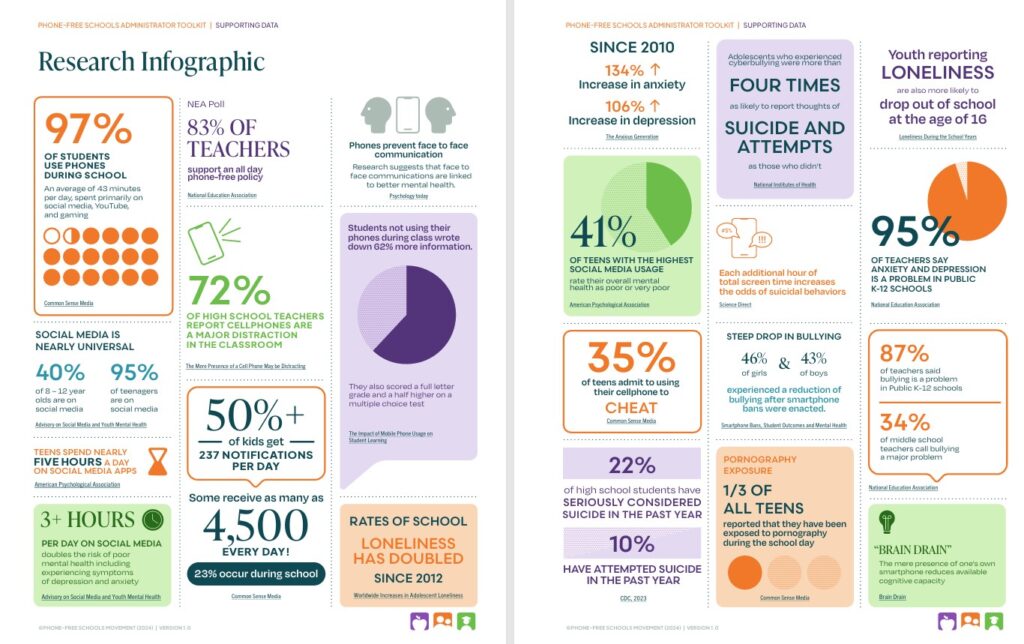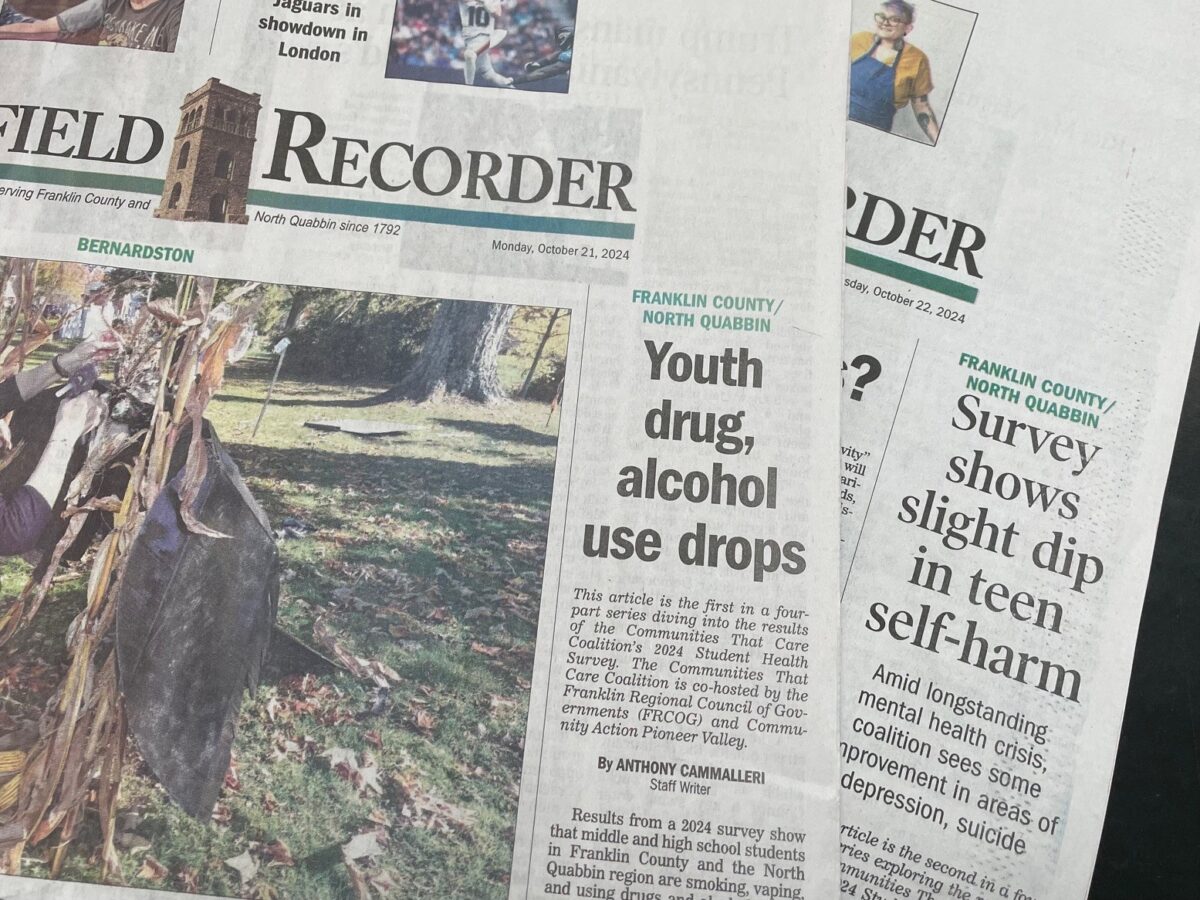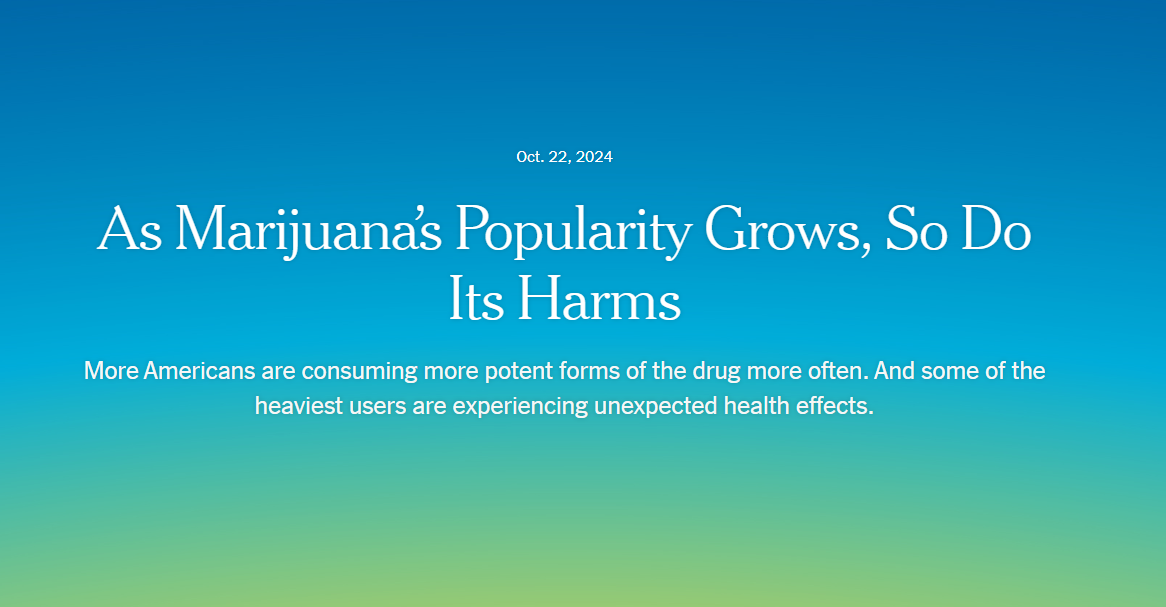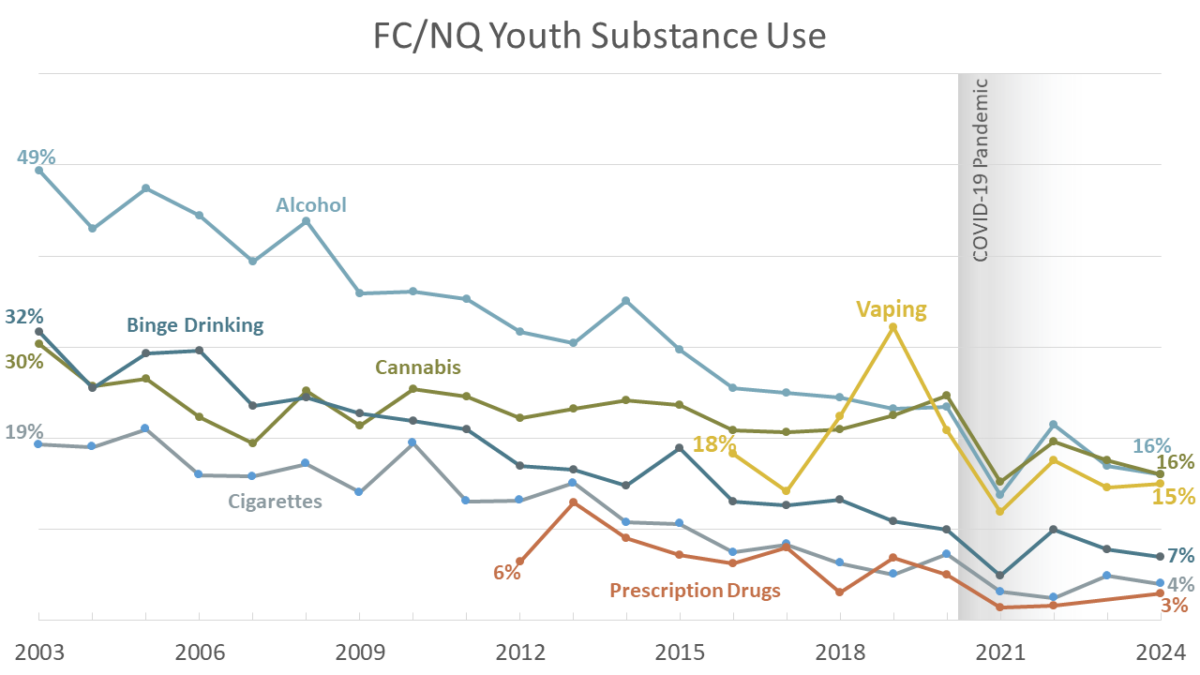The Communities That Care Coalition released the results of its 23nd annual Regional Student Health Survey on Wednesday, October 15th.
This year, nearly 1,400 students participated, representing over two-thirds of all 8th, 10th, and 12th graders across the region’s nine public school districts. Since 2003, the survey has been a cornerstone for understanding local youth experiences around substance use, mental health, and the pressures young people face.
Highlights from the 2025 Survey
Substance Use at Historic Lows
Drug and alcohol use among local youth has dropped dramatically over the past two decades and continues to decline—reaching the lowest levels since the survey began.
Growing Concerns About Bias-Based Bullying
More students report seeing or experiencing teasing and harassment based on race, ethnicity, and sexual orientation. While troubling, this trend may also reflect increased awareness and willingness to name discriminatory behavior.
The Impact of Screen Time
Youth are spending more time on screens than ever. High screen use is strongly linked to poorer mental health, less physical activity and sleep, and reduced connection with caring adults.
Alarming numbers of students also report exposure to harmful online content, including extremism, hate speech, and pornography. Over one-in-four local youth say they’ve been shown pornography at school against their will, often as early as elementary school.
A Glimmer of Hope in Youth Mental Health
Mental health continues to be one of the community’s top concerns. Rates of depression and anxiety remain high, but for the first time since 2012, one of our most-reliable indicators – the Prevention Needs Assessment Depressive Symptoms Risk Factor – showed a slight downturn in symptoms. This may signal that efforts by schools, the state, and local organizations are beginning to make a difference.
Supporting Youth Well-Being
CTC offers a variety of tools and resources for families, schools, and community partners on topics including mental health, sex education, and navigating life online.
Explore these at:
👉 www.communitiesthatcarecoalition.com/resources
The full 2025 Student Health Survey report and summary presentation will be available starting October 15th at:
👉 www.communitiesthatcarecoalition.com/surveys
For more information or requests for additional analysis, contact:
Nick Hathaway, Evaluation Coordinator
Communities That Care Coalition / Franklin Regional Council of Governments
nhathaway@frcog.org | ☎️ 413-774-1194 x207

